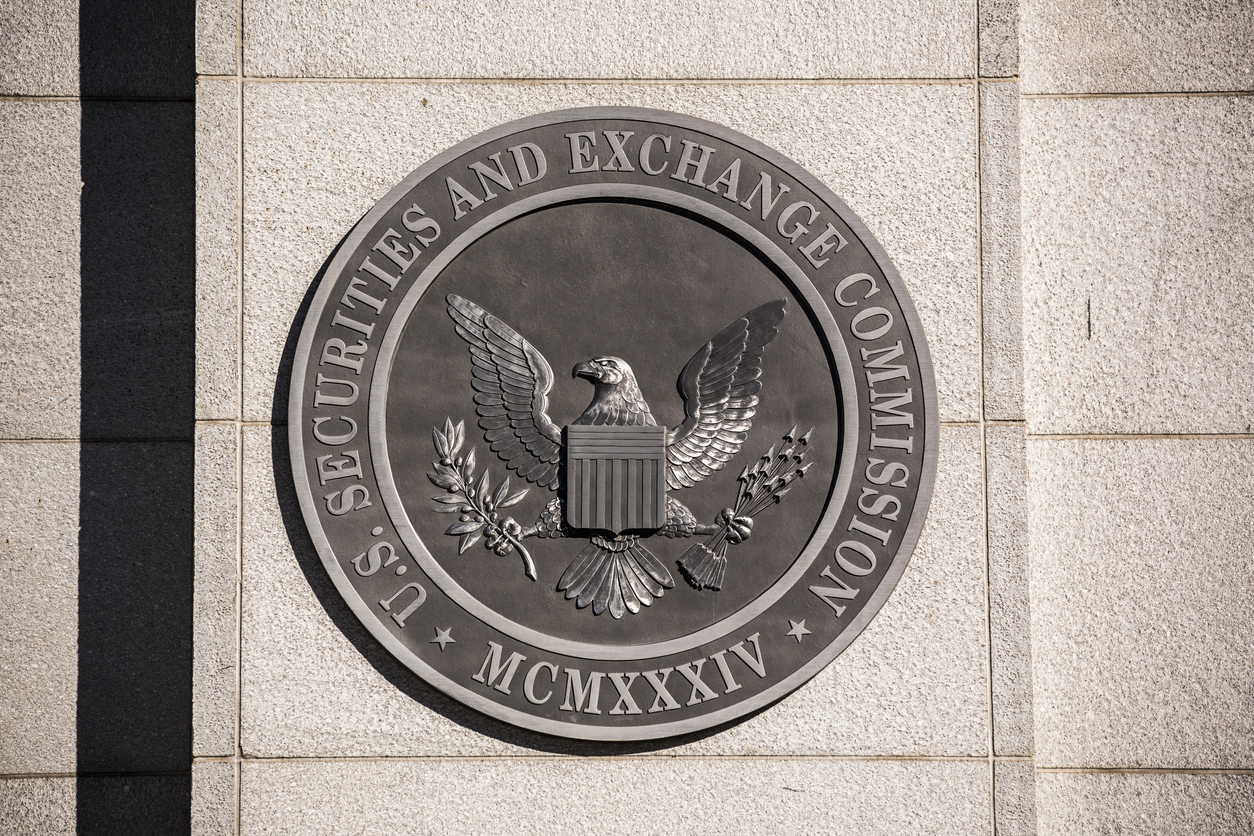SEC agrees on new rules for emissions reporting, former Google engineer charged with stealing AI secrets for Chinese company
Plus, the impact of new rules on tech in the EU.

1 . New regulations from the SEC to force public companies to disclose emissions information
The Securities Exchange Commission (SEC) is agreed on new rules state that require large public companies with at least $75 million in investments from public investors will need to make aspects of their carbon footprints public, and require them to tell investors how climate change can affect the bottom line of the business.
The rules add to an ongoing shift in how climate change is viewed in the business world. What was once considered an abstract question of science or a threat in the future is now acknowledged by the regulator and the broader business community.
“For some years, climate change was thought of as a moral and social issue, and it’s really in the last decade that it’s become clear how much economic impact and financial risk there is to climate change,” said Cynthia Hanawalt, the director of climate finance and regulation at Columbia University’s Sabin Center for Climate Change Law, adding that the rule “is certainly a huge step forward in standardizing this information for investors and requiring a lot more transparency around the risks they’re facing.”
As comms pros, it’s your job to be able to effectively communicate anything that comes down the pike about your organization, especially if it has a tangible impact on the business. This incoming regulation will require all businesses of a certain size to address the ongoing impact of climate change, at a time when the rules themselves were watered down from an original draft and ESG remains a politicized topic accused of being “woke”.
These rules also arrive as some companies are scaling back their ESG investments, while others are doubling down. No matter what you do as a communicator, make sure that your comms align with your vision, mission and values. That’s the only way to communicate authentically.
2. Former Google employee charged with pilfering AI secrets for organization in China
A Chinese citizen who was formerly employed with Google has been charged with stealing AI secrets from the company and trying to sell them to a startup in China.
According to The New York Times:
Prosecutors accused Linwei Ding, who was part of the team that designs and maintains Google’s vast A.I. supercomputer data system, of stealing information about the “architecture and functionality” of the system, and of pilfering software used to “orchestrate” supercomputers “at the cutting edge of machine learning and A.I. technology.”
From May 2022 to May 2023, Mr. Ding, also known as Leon, uploaded 500 files, many containing trade secrets, from his Google-issued laptop to the cloud by using a multistep scheme that allowed him to “evade immediate detection,” according to the U.S. attorney’s office for the Northern District of California.
The rise of AI has created a Wild West of sorts in terms of lack of formal regulation, and this case is a great illustration of what can happen even when you think proper safeguards against leaks are in place. Communicate with your people early and often about the potential pitfalls and security issues surrounding AI in the workplace, and also ensure that you have protocols in place to guard against cybersecurity lapses like this one. Those checks can include gently reminding them of NDAs, policies and other pacts that they’ve made both during and at the end of their employment. While this might be one of the first times we’ve heard about an issue like this on an international criminal scale, there’s a good chance it’s not the last.
3. New EU rules impact tech giants like Google and Apple
New rules instituted to govern competition between big tech companies are slated to impact user experience with smartphones, browsers, and other tech within the EU. The changes will impact things like the Apple Store, Google search, and Meta’s Whatsapp platform.
The broad obligations apply only to the EU, which could leave tech users in the United States and other markets looking longingly at some of the features Big Tech is rolling out in response to the European directive.
In one seismic shift to comply with the law, Apple said it plans to let EU users download iPhone apps via third-party app stores — easing its grip on iOS for the first time since the App Store’s debut 15 years ago.
In another significant change, Google said it will alter search results to drive more traffic to independent comparison-shopping or travel-booking sites, instead of directing users toward Google Flights or other tools it owns.
While this story is just breaking, there’s still a lot to unpack. First, big tech will need to get in line to comply with the regulations in Europe —- it’s key to have comms people who can communicate these changes and their impacts. But effects will be felt in other areas too. Some companies may have to rethink their SEO strategy or how they push out information given the new regulations. Any time new rules come into place, you must be ready to respond with what it means, how it’ll be felt, and what comes next. It’s also worth considering if these rules influence anything stateside in the coming years. This one is worth putting a pin in and watching.
4. How about some good news?
- A new smartphone app shows promise in diagnosing ear infections.
- A Staten Island restaurant features cooking from grandmothers from across the world.
- Texas scientists captured a picture of a bird once thought lost.
- Ragan Training is great for communications pros to find inspiration and resources.
- You should be rewarded for your work. Find out how to earn an award here!
Have a great weekend comms all-stars!
Sean Devlin is an editor at Ragan Communications. In his spare time he enjoys Philly sports, a good pint and ’90s trivia night.







